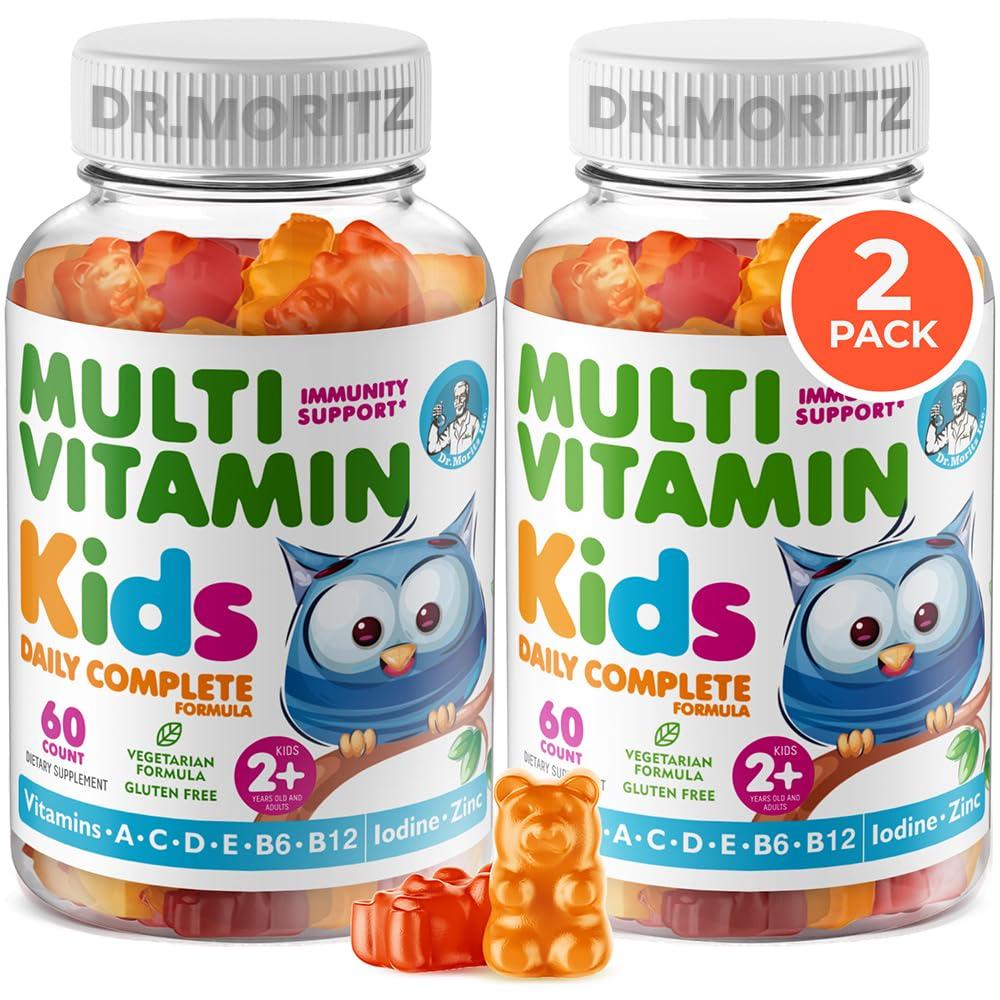In the bustling world of parenting, where time often seems as elusive as a toddler’s lost sock, the quest for ensuring a child’s nutritional well-being can feel like navigating an ever-shifting maze. Amidst the aisles of grocery stores and the barrage of online advice, a question emerges, shimmering with promise and controversy: Can supplements replace a balanced diet for kids? This question, nestled at the intersection of modern convenience and age-old wisdom, invites parents, caregivers, and health enthusiasts to explore the complex dance between nature’s bounty and science’s ingenuity. As we embark on this journey, we delve into the potential and pitfalls of relying on these concentrated capsules and colorful gummies to meet the dietary needs of the next generation. Through the lens of research and expert opinion, we unravel the mysteries of nutrition, aiming to provide clarity in a world where answers are often as diverse as the children we seek to nourish.
Understanding the Role of Supplements in Childrens Nutrition
In the intricate landscape of children’s nutrition, supplements often emerge as both a solution and a conundrum for parents striving to ensure their kids receive all necessary nutrients. While these tiny tablets and colorful gummies may seem like a convenient answer to dietary gaps, they are not a magic bullet. It’s crucial to understand that supplements are designed to complement, not replace, the diverse array of nutrients that a balanced diet provides. Children’s growing bodies and developing brains require a wide spectrum of vitamins and minerals, best sourced from a variety of whole foods.
However, there are situations where supplements might play a vital role, especially when dietary restrictions or allergies limit food options. Consider these potential scenarios:
- Picky eaters who refuse certain food groups, making it challenging to meet nutritional needs.
- Vegetarian or vegan diets that may lack specific nutrients like Vitamin B12, iron, or calcium.
- Medical conditions that affect nutrient absorption or increase nutritional requirements.
In these cases, supplements can help bridge the gap, but they should be administered with care and ideally under the guidance of a healthcare professional. Remember, the foundation of children’s nutrition lies in a balanced diet rich in fruits, vegetables, whole grains, and lean proteins, with supplements acting as a supportive player, not the star of the show.
Evaluating the Risks and Benefits of Supplement Use for Kids
When considering the integration of supplements into a child’s daily routine, it’s crucial to weigh the potential benefits against the inherent risks. On one hand, supplements can provide essential nutrients that might be missing from a child’s diet, especially for those with dietary restrictions or specific health conditions. They can serve as a valuable tool in ensuring that children receive adequate vitamins and minerals needed for growth and development. For instance, vitamin D supplements can be beneficial for children who have limited sun exposure, while iron supplements might be necessary for those diagnosed with anemia.
On the flip side, there are several risks associated with supplement use in children. Over-reliance on supplements can lead to imbalances and, in some cases, toxicity. It’s important to remember that the body absorbs nutrients from food more efficiently than from supplements. Moreover, the quality and safety of supplements can vary, with some products containing additives or allergens that might not be suitable for all children. Parents should consider the following when evaluating supplements for their kids:
- Consult a healthcare provider before starting any supplement regimen.
- Ensure the supplement is appropriate for the child’s age and health needs.
- Be cautious of supplements that promise unrealistic results.
- Opt for supplements that have been third-party tested for quality assurance.
while supplements can be beneficial in certain scenarios, they should not replace the diversity and richness of a balanced diet. Careful consideration and professional guidance are key in making informed decisions for children’s health.

Nutrient Gaps in Childrens Diets and How to Address Them
While supplements can play a role in bridging dietary shortfalls, they are not a substitute for the rich, complex nutrition found in whole foods. Many children face nutrient gaps due to picky eating habits or limited access to a variety of foods, leading to deficiencies in essential vitamins and minerals. However, relying solely on supplements may overlook the broader spectrum of nutrients and the synergy between them that whole foods provide. For instance, an apple offers not just vitamin C, but also fiber, antioxidants, and phytochemicals that contribute to overall health.
To address these gaps, it’s crucial to incorporate a diverse range of foods into children’s diets. Here are some practical strategies:
- Colorful Plates: Encourage meals that include a rainbow of fruits and vegetables to ensure a variety of nutrients.
- Whole Grains: Opt for whole grain bread, pasta, and cereals to boost fiber and nutrient intake.
- Healthy Fats: Incorporate sources of omega-3 fatty acids like fish, flaxseeds, and walnuts for brain health.
- Protein Power: Include lean meats, beans, and dairy products to support growth and development.
While supplements can fill specific nutritional voids, they should complement, not replace, the foundational benefits of a balanced diet. Creating a healthy eating environment and offering a variety of foods can help ensure that children receive the nutrients they need for optimal growth and well-being.

Practical Recommendations for Parents Considering Supplements
When contemplating the addition of supplements to your child’s routine, it’s essential to navigate this decision with care and insight. Here are some practical recommendations to guide you:
- Consult a Pediatrician: Before introducing any supplement, a discussion with your child’s healthcare provider is crucial. They can provide tailored advice based on your child’s specific health needs and nutritional gaps.
- Focus on Whole Foods: While supplements can help fill nutritional gaps, they shouldn’t replace a diet rich in fruits, vegetables, whole grains, and proteins. Encourage your child to develop healthy eating habits that prioritize natural sources of vitamins and minerals.
- Read Labels Carefully: Not all supplements are created equal. Look for products that have been tested for quality and efficacy, and are free from unnecessary additives or allergens.
- Monitor for Side Effects: Keep an eye on your child for any adverse reactions when starting a new supplement. If you notice anything unusual, consult your healthcare provider promptly.
By approaching supplements with a well-informed strategy, you can support your child’s health without compromising the benefits of a balanced diet.








